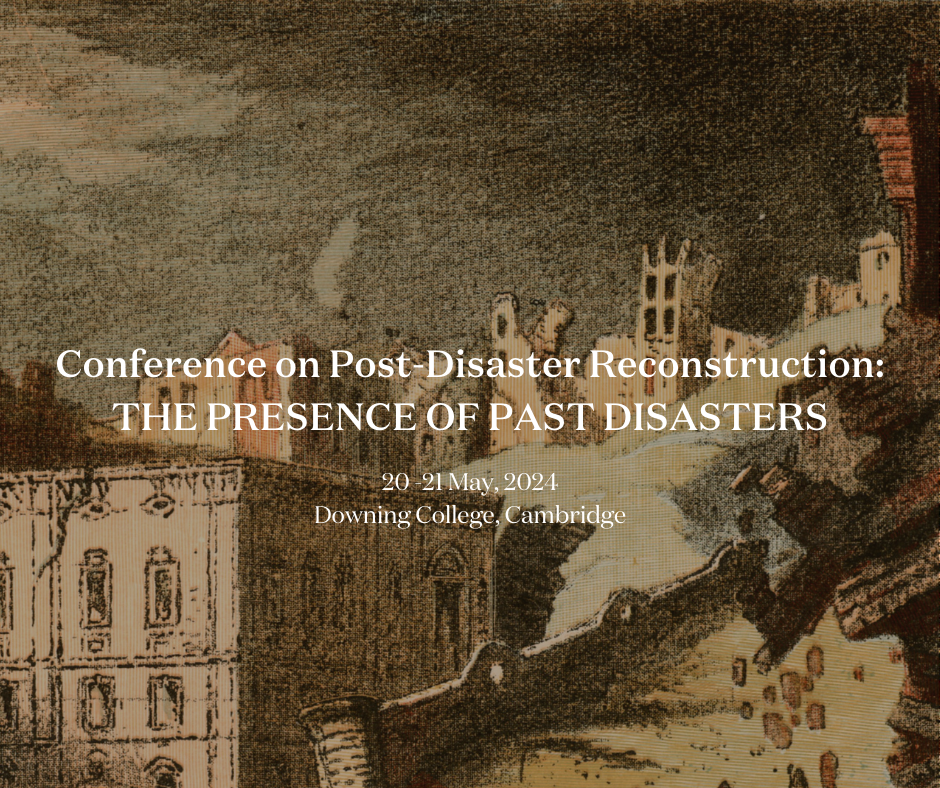20-21 May, 2024
Venue: Howard Theatre, Downing College, Cambridge
This two-day conference will explore historic disasters’ present impact. Bringing together case studies from around the globe, speakers will discuss how these events shaped and continue to shape our built environment and world, seeking to unearth new parallels between geographically and temporally disparate disasters. Four sessions will focus on typologies of earthquake, fire, conflict, and air & water.

Abstract
Natural and human-caused disasters are, by their nature, unpredictable. Disasters are also all necessarily unique, because of how they differently affect people and place based on local, national, and regional pre- and post-disaster contexts. Regardless of temporal and geographic remove, there is a presence to past disasters. We can feel the panic of a pandemic; we can smell the smoke from a sprawling urban fire; and we can imagine the loss of identity attendant to a much-loved building or place being destroyed by an earthquake or a war.
Post-disaster reconstruction around the world has consistently highlighted both the strengths and shortcomings of design and planning. Over time, disasters have elicited varied responses, ranging from repeating past mistakes to pragmatic approaches seeking to balance change and continuity, as well as utopian visions aimed at starting anew.
The impact of decisions taken within days of a disaster can be felt for years. Conversely, the meticulous process of consultation, assessment, planning, and design integral to successful reconstruction efforts may miss critical windows of opportunity due to prolonged development timelines. This dynamic often underscores a tension between top-down approaches led by government and the international community, and grassroots efforts driven by affected communities seeking to rebuild using familiar and trusted building practices.
Many architects, developers, and international NGOs see these as ‘blank canvas’ opportunities to work at a large scale, without regard for the local vernacular either of building or of living patterns. Repeatedly, following disasters, we have witnessed the strength and resilience drawn from local materials, knowledge, and urban form. Post-disaster reconstruction remains an area where traditional building, architecture, and urbanism play crucial roles, contributing to a process of rebuilding that learns from and even enhances what has been lost.
Join INTBAU and the CSCA as we explore the complexities of post-disaster reconstruction by examining the historical precedent for recovering, rehabilitating, and rebuilding after catastrophic events. This two-day conference will explore, in detail, how cultures have reacted to destruction in the aftermath of terrible circumstances. Speakers will investigate how natural and human-caused disasters have shaped and continue to shape how we respond to critical changes in our built environment and, ultimately, will seek to locate new parallels between types of disasters through a series of chronologically and geographically diverse case studies. Papers are organised in four distinct sessions according to the four classical elements – fire, water, earth, and air –– with the additional critical human element: conflict.
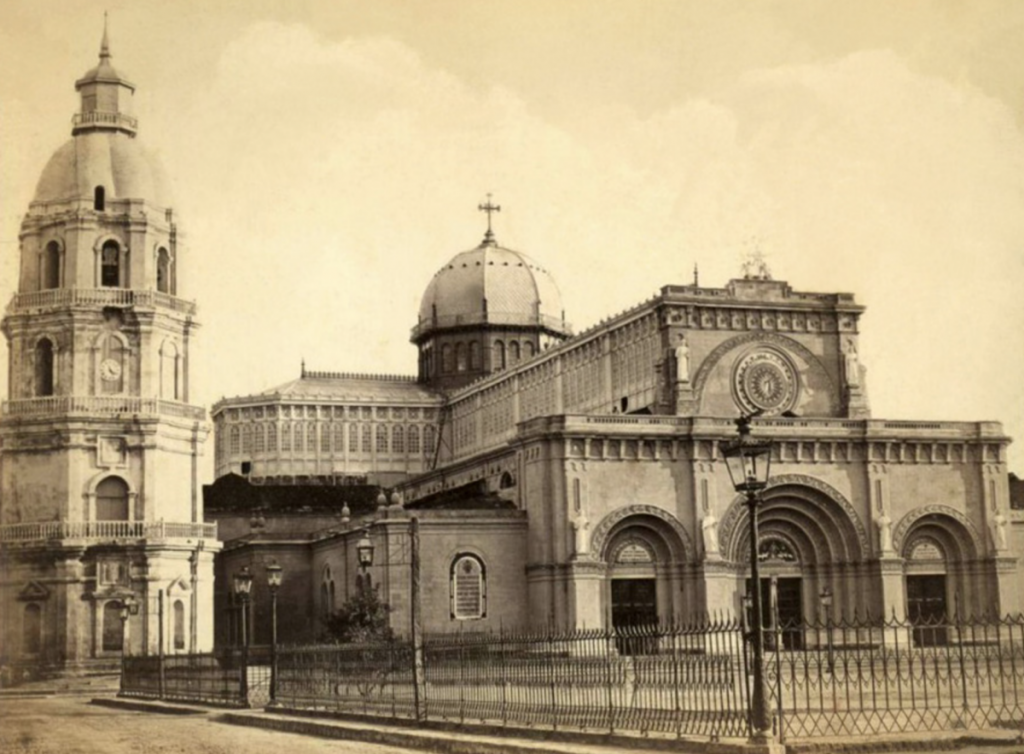
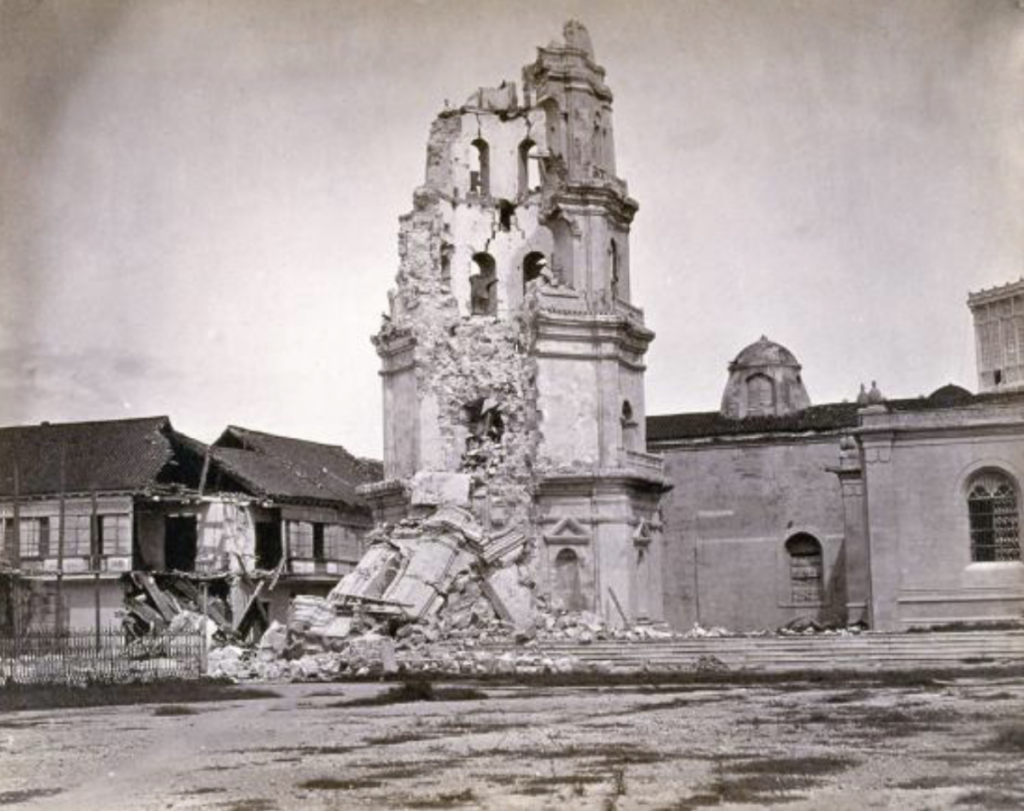
Imagery provided by the CSCA.
Programme and Speakers
Day 1 – Monday, 20 May
11:30 – Registration and Welcome in the Grace Howard Room, Downing College
12:30 – Buffet lunch
13:30 – SESSION 1: EARTHQUAKE
Chair: Mark Wilson Jones (RIBA Traditional Architecture Group, INTBAU UK)
- The Great Lisbon Earthquake and the Enlightened Answer, Walter Rossa (Universidade de Coimbra)
- Preparing for and Recovering from the Great Kantō Earthquake of 1923, Miho Mazereeuw (Massachusetts Institute of Technology)
- The Role of Fire and Earthquake in the Construction of Spanish Manila, 1571-1898, Greg Bankoff (Ateneo de Manila University)
Chaired discussion
15:00 Coffee break
15:45 – SESSION 2: WAR
Chair: Matthew Hardy (INTBAU, the King’s Foundation)
- Remaking Cities After the Mongol Conquest of Central Asia, Katie Campbell (University of Cambridge)
- Aftermath History: The Case of Dresden, Mark Jarzombek (Massachusetts Institute of Technology)
- Confronting the Past: Post-War Reconstruction in Beirut and Sarajevo, Gruia Badescu (University of Konstanz)
Chaired discussion
16:45 – Comfort break
17:00 – KEYNOTE LECTURE
Rebuilding Europe after World War II: the case of France, Nick Bullock (University of Cambridge)
Professor Bullock is an expert in 20th-century architecture, particularly in post-war landscapes. Among his distinguished works on post-World War II architecture are: Modernising Post-war France: Architecture and Urbanism during Les Trente Glorieuses (Routledge, 2023), and Building the Post-War World (Routledge, 2002)
Chaired discussion
18:00 – Reception in the Grace Howard Room
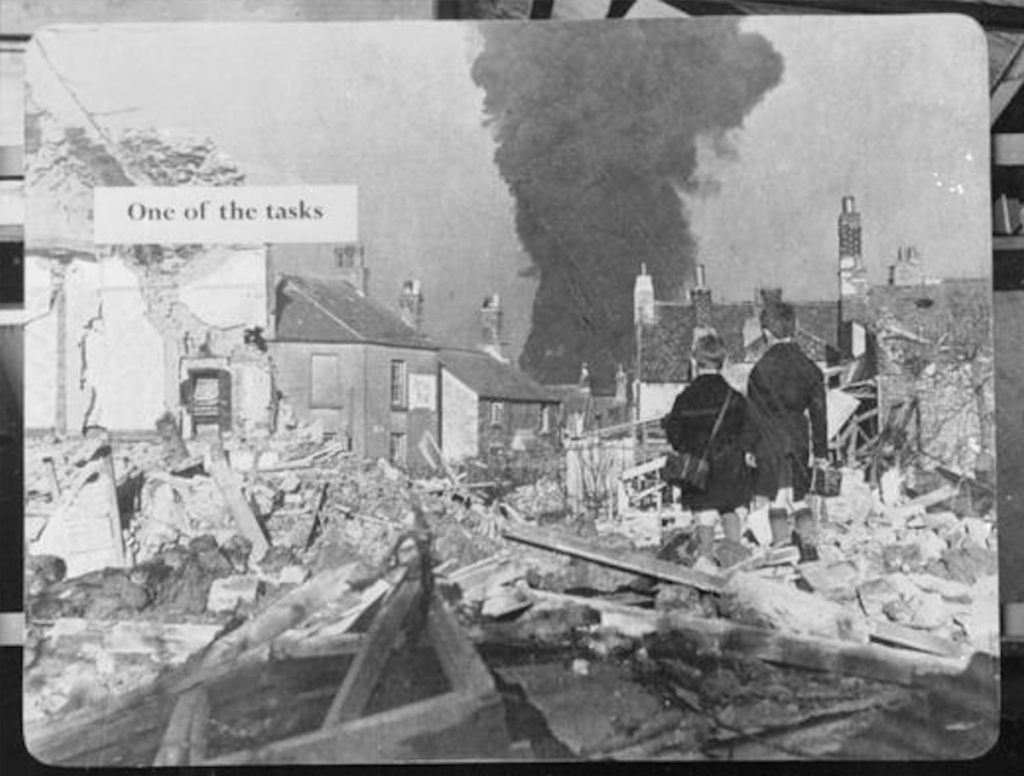
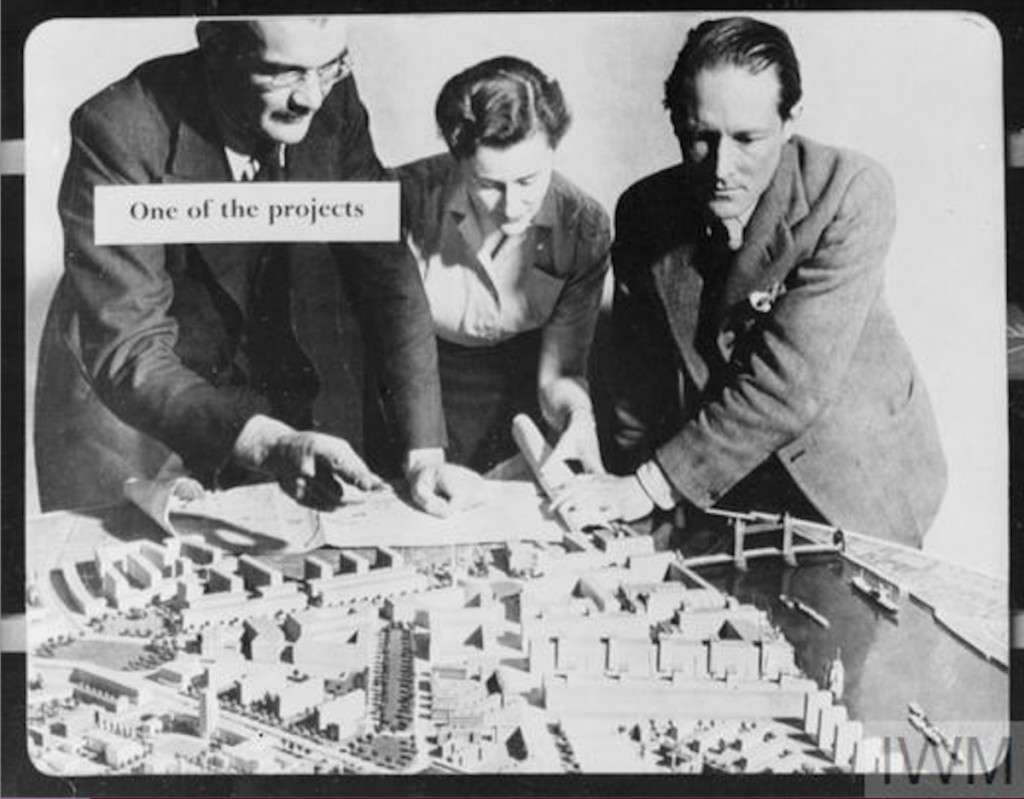
Imagery provided by the CSCA.
DAY 2 – Tuesday, 21 May
9:30 – KEYNOTE LECTURE
The Urban Fabric after Covid-19, Mohammad Gharipour (University of Maryland)
Professor Gharipour is an ACSA Distinguished Professor and professor and director of the Architecture Program at the University of Maryland, College Park. He has published prolifically on Islamic architecture, social housing, and the impact of health on the urban environment. His most recent publications include Health and Architecture, ed. (Bloomsbury, 2021), Persian Gardens and Pavilions: Reflections in History, Poetry and the Arts (I.B. Tauris, 2020) and Salutogenic Urbanism: Public Health in the Early Modern City in Europe, ed. (Palgrave Macmillan, 2023).
10:30 – Coffee break
11:00 SESSION 3: WATER & AIR
Chair: Ann-Marie Akehurst (SAHGB)
- Planning Public Health Infrastructure: Bombay’s Response to the 1918 Influenza Pandemic, Mrunmayee Satam (BITS Law School)
- Havana Reinscribed: The Cultural Life and Afterlife of the Havana-Bermuda Hurricane of 1926, Joseph Hartman (University of Missouri, Kansas City)
- Flooding through the ages: South West England and the City of Bath, Ioanna Stamataki (University of Greenwich)
Chaired discussion
12:00 Comfort break
12:15 – SESSION 4: FIRE
Chair: Elizabeth Deans (CSCA, University of Cambridge)
- The Unlearned Lessons of the Great Chicago Fire, Carl Smith (Northwestern University)
- 14 Million Tonnes of Debris: Tracing Material Movements from London’s Second World War Bombsites, Danielle Hewitt (University College of London)
- Sagas of Local Resilience: Learnings from Iceland’s Eldfell Eruption, Kristjana Adalgeirsdottir (Aalto University)
Chaired discussion
13:15 – Buffet lunch
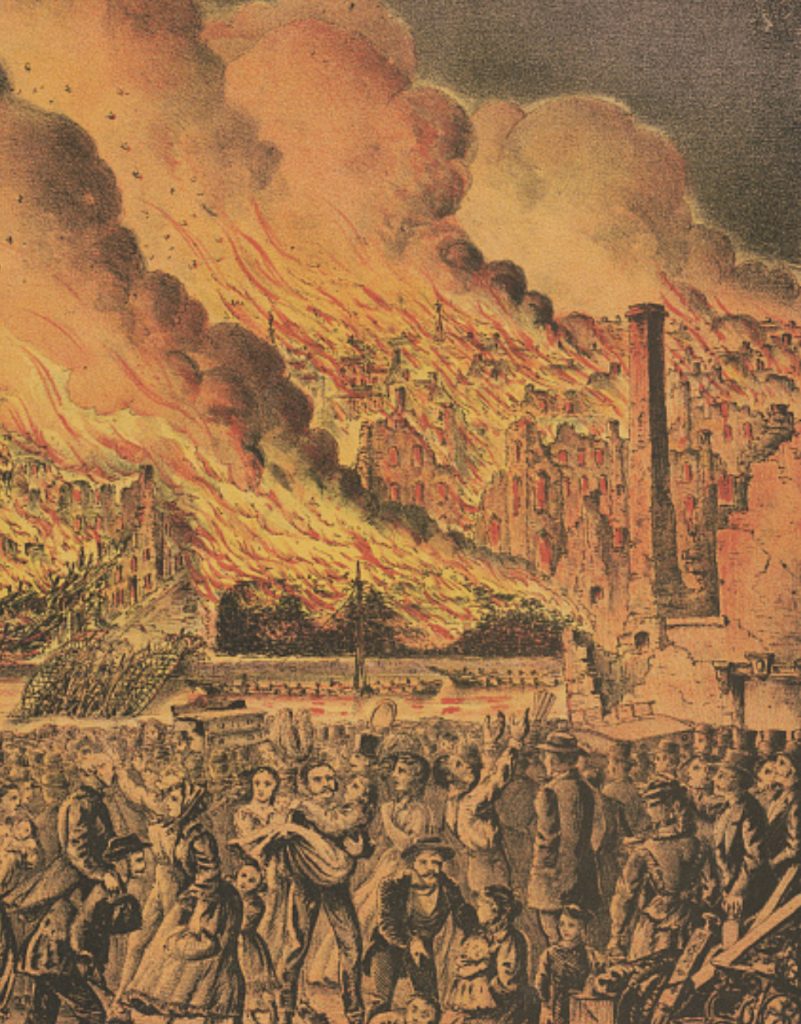
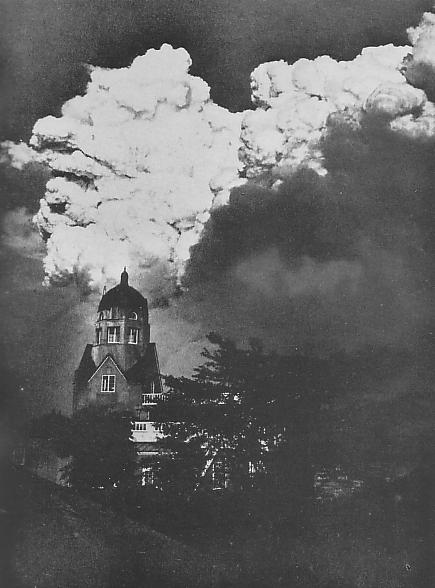
Imagery provided by the CSCA.
Registration
Student attendee £10
General attendee £35
This event has been generously subsidised by the Axel and Margaret Ax:son Johnson Foundation for Public Benefit.
Discounted tickets for INTBAU Professional Members and CSCA Members.
Practical Information
Accommodation
If you are staying overnight in Cambridge and require hotel accommodation, there are two hotels nearby: the Regency Guesthouse, an independent boutique hotel and the University Arms, a luxury hotel located directly across Regent Street from Downing College. There is also the Ibis Hotel at the Cambridge Rail Station, which is about a 15-minute walk to Downing College. Please kindly note that the conference is not holding rooms for attendees.
Parking
If you are planning on arriving in Cambridge by car, there are public parking facilities available in Cambridge. Click here for more information. Please note that unless you are a member of Downing College, no parking is available on site.
Organisers and Sponsor
This conference is convened by a partnership of INTBAU and the CSCA, with the generous support of the Ax:son Johnson Foundation.
